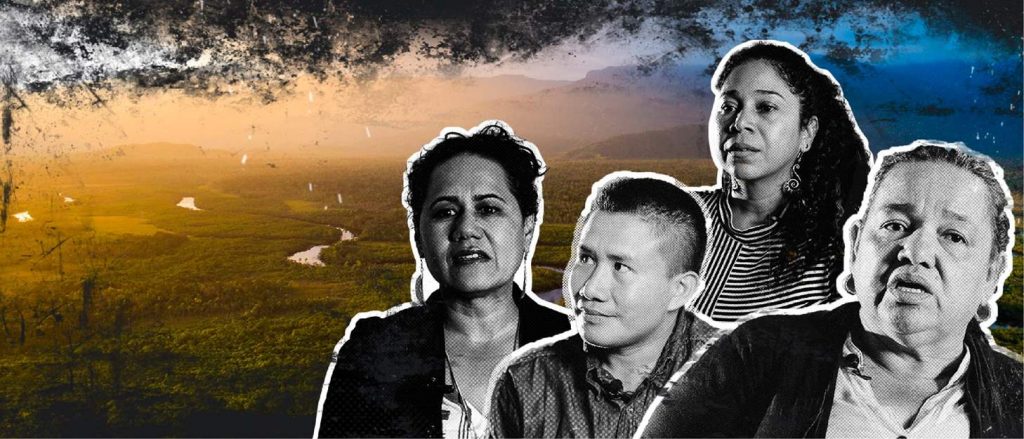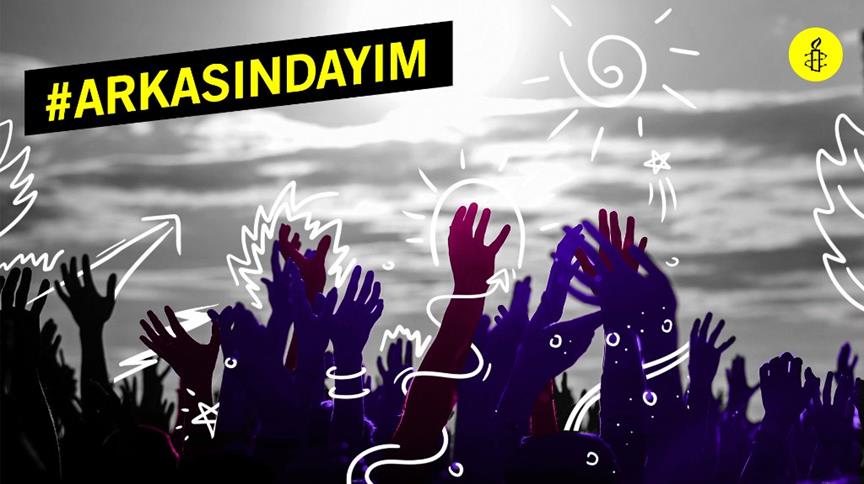This month we bring you news from Colombia, Venezuela, Ecuador, Peru, Brazil, Chile and Argentina. There is good news from Venezuela, Brazil and Chile and Gustavo Gatica. We have a new Amnesty report on the National Strike in Colombia and another from Human Rights Watch on abortion rights in Ecuador. We look at the secret activities of the UK’s National Crime Agency and question its role in the excessive use of force by the Colombian police, whom it has trained. Updates include police killings in Brazil, inmate deaths in Ecuadorian prisons and forced displacements and killings of human rights defenders and social leaders in Colombia.
COLOMBIA

Amnesty International’s new report Cali: In the epicentre of repression examines how the Colombian authorities violated the human rights of peaceful demonstrators in Cali and elsewhere during the National Strike. The security forces, in particular members of the police’s Mobile Anti-Riot Squad, used excessive and unnecessary force to disperse them. Under the pretext of restoring order, terrible injuries were inflicted on hundreds of people and dozens of young people lost their lives.
The UK’s National Crime Agency (NCA) trained the Colombian police in a multi-million pound 5-year programme shrouded in secrecy. The NCA programme in Colombia “engaged” with “Colombian law enforcement agencies to improve their capability”, according to UK government documents seen by Declassified. The aims included “specialist cadres of police to be trained in priority areas of intervention” alongside “trusted relationships formed with key units and individuals”. The NCA’s lack of transparency is particularly worrying, raising questions over its involvement with police in their excessive use of force against peaceful demonstrators in Colombia.
28 human rights defenders/social leaders were killed in the January-March quarter of 2021, according to Programa Somos Defensores (We are Defenders Programme) Nine of them were indigenous leaders. Most of the known perpetrators were successor paramilitaries, while the ELN (National Liberation Army) guerrillas and Security Forces were also responsible for killings. Many of the killings occurred in regions where armed groups are fighting over illegal and legal economic activities.
Commenting on the 106,000 people forcibly displaced in 2020, the Internal Displacement Monitoring Centre states: ‘Clashes between FARC dissidents, the National Liberation Army (ELN) and paramilitaries took place throughout the year in the Pacific coast departments of Chocó, Nariño and Cauca, and in Antioquia and Norte de Santander. The same departments recorded most internal displacement. African-Colombian and indigenous people represented the majority of those newly displaced.’
VENEZUELA
Venezuelan migrants have been deported from Chile: The Chilean government must end summary deportations of Venezuelans and ensure that all deportations comply with international human rights law. The government announced that it planned to deport 1,500 people during 2021. According to the Jesuit Migrant Service (SJM), the government had deported 294 people; in most cases, without judicial control. Most were Venezuelan women.
Good news! Defender for the rights of women and girls is free: Venezuelan professor and human rights defender Vannesa Rosales was released on July 21, after spending nine months in detention, six of which were under house arrest. She was criminalized for her work as a defender of sexual and reproductive rights in Venezuela. During the preliminary hearing held on July 21, the court dismissed the accusation and closed the case against Vannesa. Thank you very much to all who sent appeals!
The International Criminal Court and Venezuela: The situation in Venezuela, a member country of the International Criminal Court (ICC), is under review. The final decision will determine whether a formal court investigation is warranted. The prosecution reported that, based on the information to which it had access during its preliminary examination, it had found reasonable grounds to believe that crimes against humanity had been committed in Venezuela. [Read more…]

